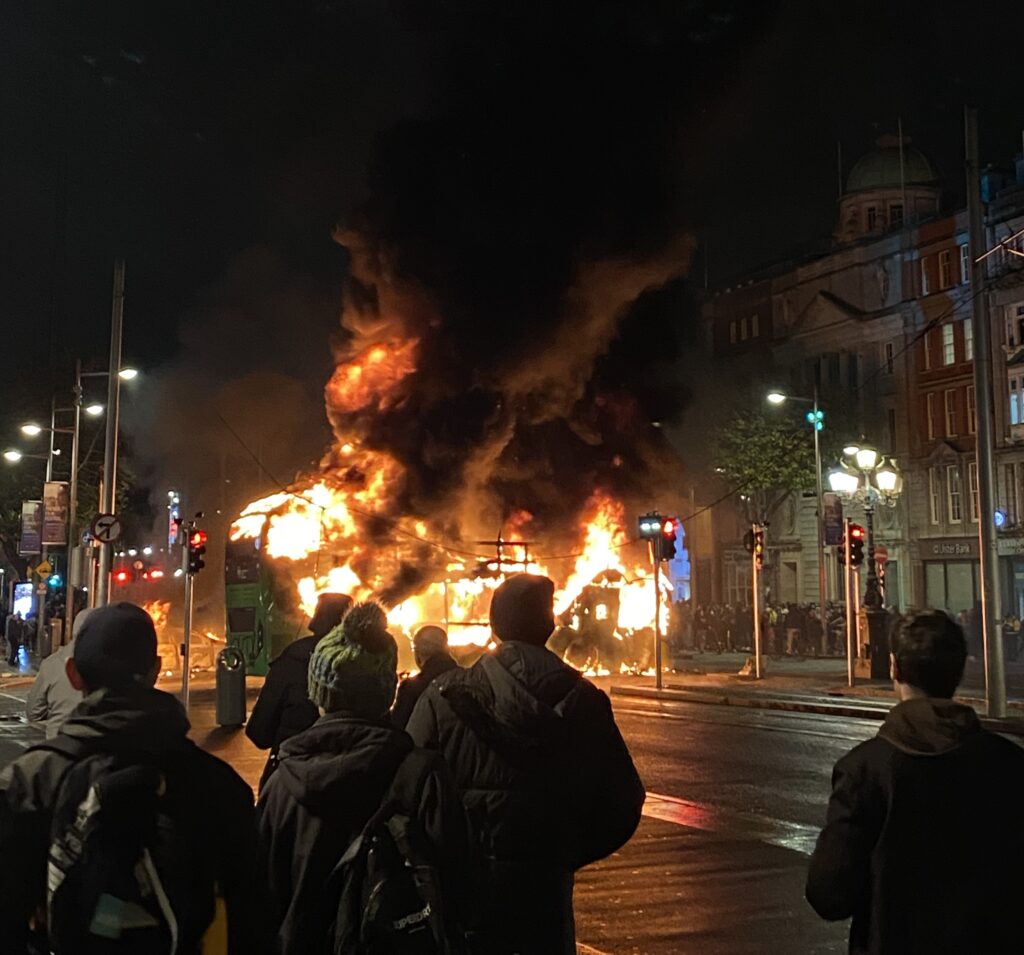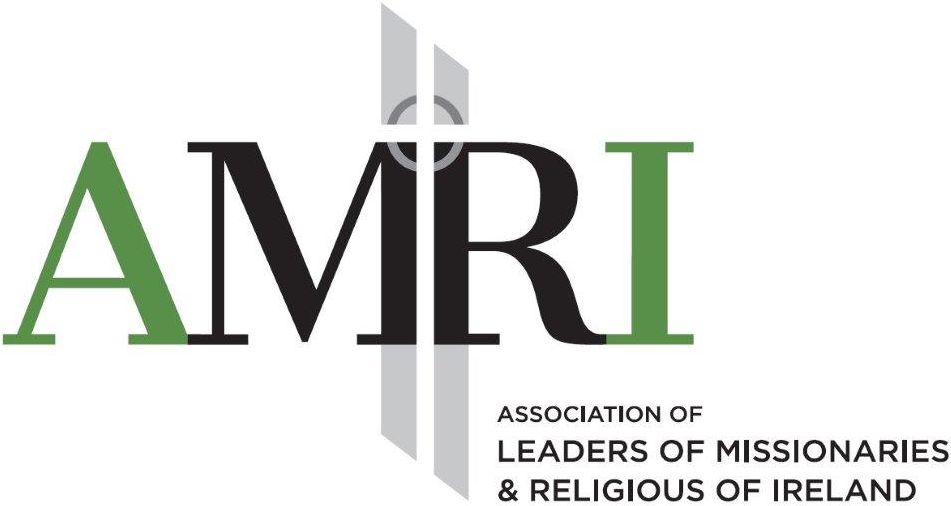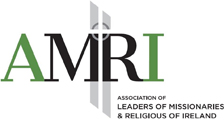Blog –
No Welcome for the Stranger 2023 – Toni Pyke

On Thursday, 24th November I visited the EPIC museum with my father. The museum is located near the famine memorial in Dublin’s Docklands, and for anyone who has not visited EPIC, it is a truly worthwhile immersion into the historical realities of Irish emigration and the Irish Diaspora across the globe. Through oral histories, photographs, artefacts and other interactive media the whole experience is a journey of the movement of people from Ireland to the rest of the world. For example, many moved to escape famine, some in search of a better life, others to explore the world, some to share the good news of the Gospel, or others to promote justice, human rights and humanitarian support.
But this blog isn’t an EPIC promotional plug – although I would encourage you to visit – it is about our internal reciprocation to the movement of people to our shores.
My father and I moved from the EPIC museum, up Talbot Street towards Easons on O’Connell Street. As we waited for the lights at the crossing adjacent to the Spire, we greeted a group of women holding a banner which read: ‘Grandmothers Against Racism’. It was 1.30pm. At this stage, no-one knew of the tragic event that was taking place on Parnell Square East at the same time. The first I knew about the multiple stabbing incident was the delay in the bus service, whilst waiting for my bus home.
Yet, the horror of the attack on very young children and their carer was overshadowed by the events that unfolded shortly afterwards and which headlined global mass and social media outlets. Suspicions that the attacker may not have been of Irish origin quickly spread across social media and resulted in the mobilisation of groups of ‘anti-immigrant’ protestors who took to the streets surrounding the crime area. In no time, the centre of Dublin city was on fire. Shops were looted. Buses and a LUAS set on fire. Members of an Garda Síochána attacked. All of us were left numb, glued to the news.
In recent years, Ireland has had to grapple with the reality of ‘far right’ ideology, which is also sweeping the rest of Europe. This group is targeted towards those seeking refuge and a better way of life, as so many of us have done in the past. My father commented on the irony of having just spent 2 hours in wonderment at the migration pathways and contribution of Irish immigrants across the world, and here we now were speechless at our resentment for those wishing to do the same.
There has been much expert and ‘tick-tock’ analysis of the events that unfolded that night in Dublin. Everyone, everywhere has a viewpoint. Fingers have been pointed and blame has been extended. There is increased fear and tension among all of us across the country, with a noticeable hesitancy in the city centre.
I for one am finding it difficult to know how to respond to the reality of racism and hate around me. If I witness a hate crime or hate speech, what do I say? What do I do? Where do I go? How do I talk to people who are misinformed about the issues and realities? How do I know real news from fake news and how do I educate myself and communicate with others?
Recently, AMRI met with the Courage and Hope Collective who are a national civil society organisation that works with community groups, advocacy groups, trade unions, activists and academics to stop hate organising in our communities and workplaces. They support communities and civil society to stay grounded, caring and resilient in the face of far-right hate, bigotry and extremism.
They have developed and shared resources that can support us in our discussions and debates about the riots as it relates to the involvement of far-rights extremism. They also provide resources and supports to local communities and civil society in how to respond to racism and hate. Below are some excellent resources to help us to defend the right for people to move, to ensure a ‘welcome for the stranger’ and to ensure safer communities.
I find hope in the words of the late Nelson Mandela, that “No one is born hating another person because of the colour of his skin, or his background, or his religion. People must learn to hate, and if they can learn to hate, they can be taught to love, for love comes more naturally to the human heart than its opposite.”
Together we must teach how to unlearn hate and demonstrate how to navigate the path of love and freedom that Jesus walked.
Resources:
- Guidance following the Dublin riots: How to frame narratives that centre community safety and support community leaders in restoring calm in response to the recent violence in Dublin.
- Guidance on messaging for civil society in context of local protests against people seeking asylum and refugees
- Greater than Fear: This publication sets out to document the experience, reflections, and learnings in creating community responses and resilience in the face of far-right mobilisations for the first time.
- Responding to mobilisations against people seeking asylum: a guide is a quick resource on how to talk about local protests against people seeking asylum and people seeking refugee if you’re part of a community group or organisation.
- 10 tips to respond to hate in your community: quick guide to support you with 10 steps you can take if hate and extremism enters your community.
- How To Respond To Hate, Action And Intimidation: A guide for accommodation centre managers, staff and those working to support refugees and people seeking asylum who are experiencing homelessness
See also:
- When people experience or witness racist incidents, make a report to ie
- A guide to online safety and reporting content here
- Talking to children about racism – here
- Race-Class Narrative, ‘We Make The Future’ – here


